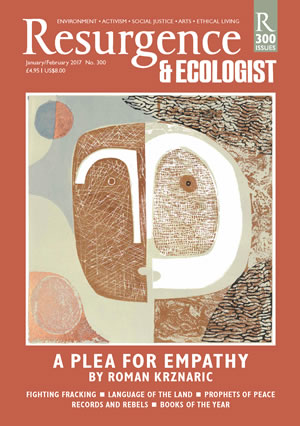The referendum debate last summer over the UK’s membership of the European Union was monopolised by arguments about domestic issues; the international dimension of the question – the possible consequences for world peace of Britain’s staying or leaving – barely got a mention. But if Vijay Mehta is right, the UK’s departure could seriously weaken an organisation that not only has brought peace and democracy at home, but also, in his view, is a model and inspiration for similar forms of supranational cooperation around the world. President Obama put that view pithily during the recent G20 summit in China. “I continue to believe”, he said, “that the world benefited enormously from the UK’s participation in the EU.”
A veteran campaigner for peace, Mehta is a great admirer of the EU’s achievement in putting an end to war on the continent that was the crucible and principal battlefield of both world wars as well as the source of many other bitter conflicts in the past. And, while acknowledging the organisation’s failings, its “depressingly overbearing bureaucracy and the lack of accountability of swaths of its officialdom”, he sees it as a template for bringing peace to the world’s other troubled corners, too. Formerly, goes the argument, Europe was the factory of war; thanks to the vision of the EU’s founding fathers, it is becoming the factory of world peace.
Mehta identifies 10 aspects of the EU settlement, ranging from democracy and the rule of law via open borders to mutual trust and peaceful coexistence, that could bring comparably positive results elsewhere.
Some regions, notably the Middle East, seem a million miles from peace, despite the popularity among many Muslims – a majority, Mehta claims – of the idea of being subsumed within a supranational Ummah. His book can only sketch a hypothetical route from the hideous present to a more promising future.
But elsewhere the picture is more encouraging. It took the brute force of empire to weld India into a unit, and after independence some diehard imperialists – Churchill comes to mind – were confident that it would rapidly disintegrate into wrangling statelets. But for all its failings it has proved far more cohesive and less bellicose than post-colonial Africa, where all the ills of warlike nationalism are manifested in an extreme form. Today it is inconceivable that, say, Uttar Pradesh would go to war with Bihar, and the Republic of India’s EU-like supranationalism can take the credit for that.
South East Asia provides an even better example: a mix of majority Muslim and Buddhist countries with varying British, French and Dutch colonial histories, the Association of Southeast Asian Nations (ASEAN) has since its foundation in 1967 slowly emerged as a vital force for peace and democracy in the region. Without the forum provided by ASEAN, for example – its distinctive supranational identity – the organisation’s most recalcitrant member, Burma, would have progressed far more haltingly towards democracy than it did. It was engagement with his regional peers at ASEAN summits that nudged Thein Sein, the general-turned-premier-turned-president, into implementing the reforms that led to the National League for Democracy’s election victory in November 2015.
As Mehta argues persuasively, EU-like bodies such as ASEAN can foster stability and development in countries such as Burma that have been beset by war and dictatorship for decades. But they can also go wrong, as the EU has gone wrong since the hubristic introduction of the euro, which brought economic misery to much of the continent. Ideally the UK’s departure will prompt a serious rethink of the EU’s role and scope, so that it can once again become an inspiration instead of a punchball.






